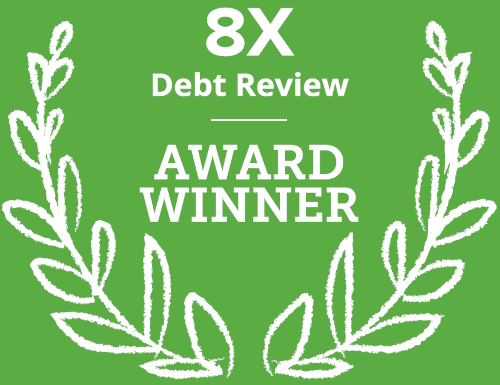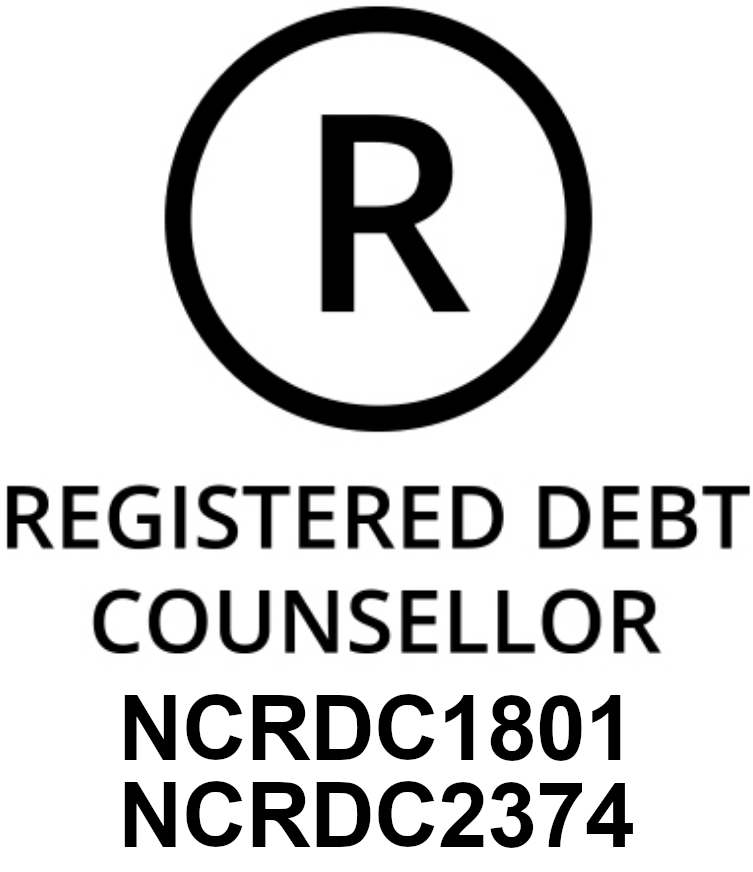South African consumers need to understand sequestration as it is a process that could affect an individuals financial future. But, let’s not get ahead of ourselves.
What is sequestration?
Sequestration is a legal process whereby a consumer’s assets are placed under the control of a court-appointed trustee. This trustee will then sell all the assets to collect funds to repay the consumer’s creditors. This process is usually the last course of action that will be taken, when a consumer cannot repay their debts.
It can be considered as a “new beginning” for consumers who are unable to keep up with the accounts that they have open.
The consequences of sequestration
There are a few implications of sequestration for a consumer. This is what will happen if you are sequestered:
- You will no longer be able to take out credit.
- You will not be able to buy any more assets.
- You will not be allowed to run a business.
As you can imagine, these will all have a major effect on your life. Therefore, it is important to understand in the case that you may be unable to pay your debt off. Understanding the process and its implications gives you the ability to make informed decisions about your financial life.
What is the difference between sequestration and liquidation?
There are important differences between sequestration and liquidation. However, for the purposes of understanding this article, all that is important is the below.
Liquidation refers to the event in which a company, business, closed corporation or certain other legal entity goes bankrupt. Their assets will be sold in order to pay off their debts.
Sequestration is when a natural person or a trust goes bankrupt.
Who would qualify for sequestration?
Wondering if you may be sequestered or whether you should voluntarily sequester? Here’s how you know if you qualify.
- You have no funds to pay your debt and you are over indebted. In other words, you must be unable to pay your debt, or insolvent.
- You do not have a criminal record. Sequestration is not available to people who have been involved in fraud or other criminal offences.
- You can prove to the court that sequestration is the best option available to you and no other debt relief options have worked.
- You are a natural person i.e. you are not a company or a legal entity.
- You have a legal address where your legal documents can be served.
- Your sequestration is of at least some benefit to the creditors.
What are the different types of sequestration?
There are two main types of sequestration relevant here:
- Voluntary Sequestration: This is when a person surrenders their estate voluntarily.
- Compulsory Sequestration: This is when a creditor wants to get their money back from an individual. They will approach the court to institute a sequestration order to recover their funds.
Understanding the Sequestration process or procedure:
Before anything gets started, you should seek expert advice to determine whether sequestration is the best option for you. In general, however, this is the process:
- Application - Either the individual or the creditor applies for a sequestration order. This application goes to the High Court.
- Notification - The court will notify relevant creditors that you have applied, in the case that you have voluntarily applied. Here, the creditors have the ability to object to the sequestration if they want to.
- Inspection - A court appointed trustee will look into your finances and assess your situation and they will report their findings to the court.
- Granting - If you meet the requirements, your sequestration order will be granted and it will be published in the government gazette and 2 local newspapers.
- Assets - You will then hand over your assets to the trustee and they will sell it to pay off your creditors.
- Repayment - The trustee distributes the money collected to your creditors. Should there be funds left unpaid, the remaining debt will be scrapped. You will then be put under a rehabilitation order. To get out of this order, you will have to meet certain requirements.
- Ending - If you meet the requirements you will be released from the rehabilitation order. Of course, your credit score will reflect this process.
What happens to your vehicle during the sequestration process?
If your vehicle is under hire purchase, the Rule of Court stipulates that any bank may repossess the vehicle.
Need debt counselling or consolidation?
Explore DebtBusters' solutions for reducing your interest rates and unlocking cash.
Find out moreShould your instalments be up to date the financial institution may consider your request to keep the vehicle. There is no guarantee that you may keep your vehicle, especially should your vehicle be in arrears.
Vehicles registered in another person, or legal person, name will not form part of the estate.
What are the disadvantages of sequestration?
- You will be insolvent for at least the next 2 to 4 years.
- There are circumstances where you can apply for rehabilitation after 18 months, this is an exception rather than the rule.
- You may not have a cheque account or credit card facility.
- You may under no circumstances engage in any debt arrangements.
What are the advantages of sequestration?
- Your salary and other income is still your own and you do not have to pay any creditor
- Only your creditors are notified of the process and not your employer or any other person. You will not be discharged from your work because of it
- You will not have to attend Court
- Your curator can arrange with your financial institution to keep your vehicle and if your instalments are up to date
What are the sequestration fees?
The cost of sequestration varies between R6500 and R9500 depending on where in South Africa you reside.
You will also be liable for costs relating to the publishing of information in the Government Gazette and the newspapers.
There may also be additional costs depending on the specifics of your case.
What are the alternatives to Sequestration?
There are various other debt relief options available to you, for example Debt Counselling or Debt Consolidation. These options make your monthly repayments easier, free up some cash flow, and keep your assets secure.
If you are struggling to decide what the best solution for your debt problem is, call DebtBusters today on 0869990606. DebtBusters expert consultants will advise whether sequestration is an option for you.





